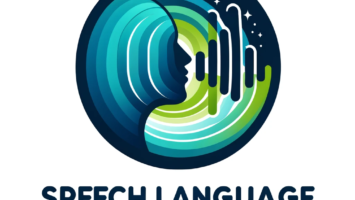LIA Doctoral Fellowship 2025
The LIA’s 2025 doctoral grant has been awarded to the SLG team. Several topics have been proposed and are available on the adum.fr platform https://adum.fr/as/ed/proposition.pl?site=avignon : Interested candidates should apply on the adum.fr platform. Before doing so, however, it is strongly recommended that you contact the researchers proposing the topics in order to discuss with them. The auditions will be organised by Doctoral School 536 according to the procedures indicated on https://univ-avignon.fr/recherche/le-doctorat/je-souhaite-preparer-un-doctorat/. They will take place at the beginning of June, the final date will be communicated to the selected candidates by the supervisors.



